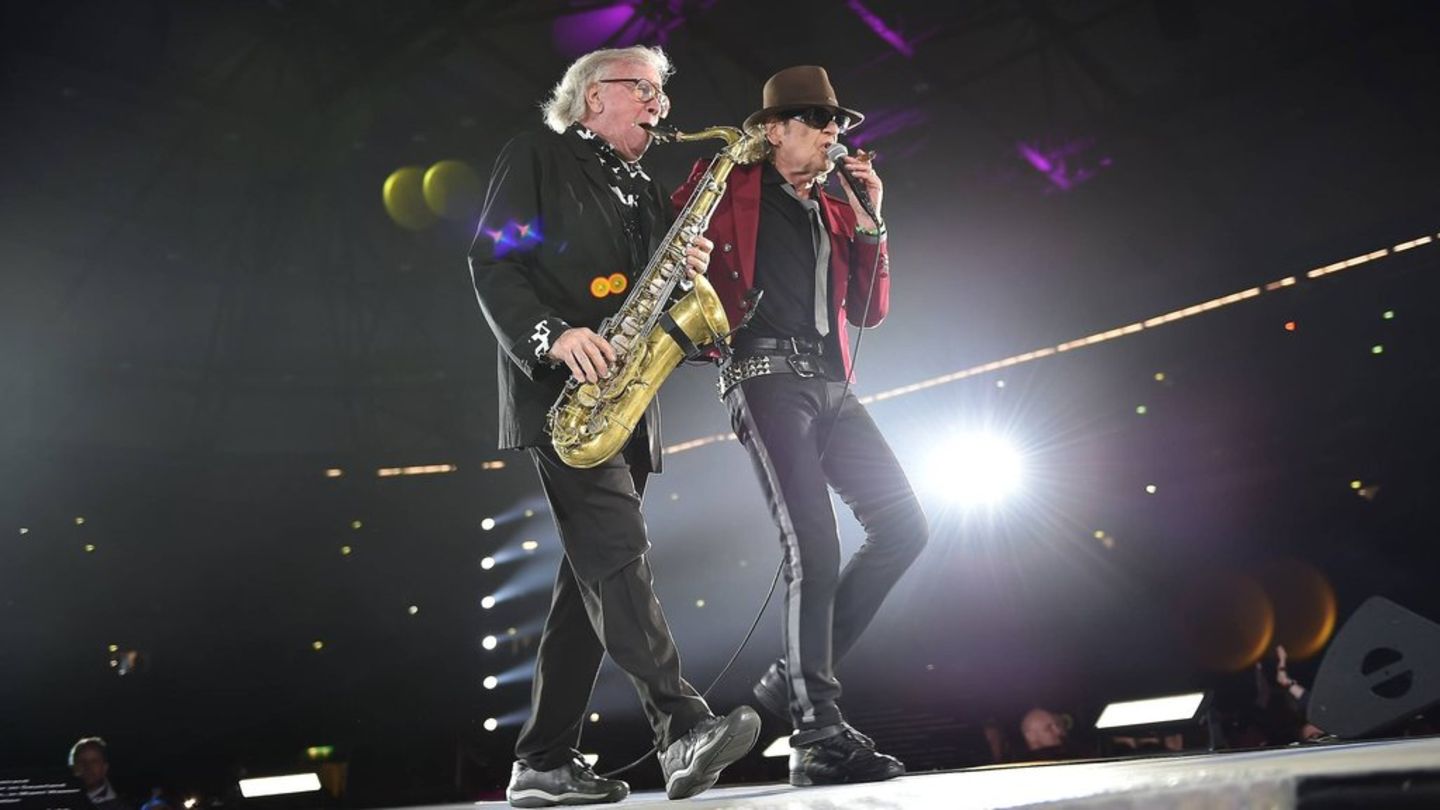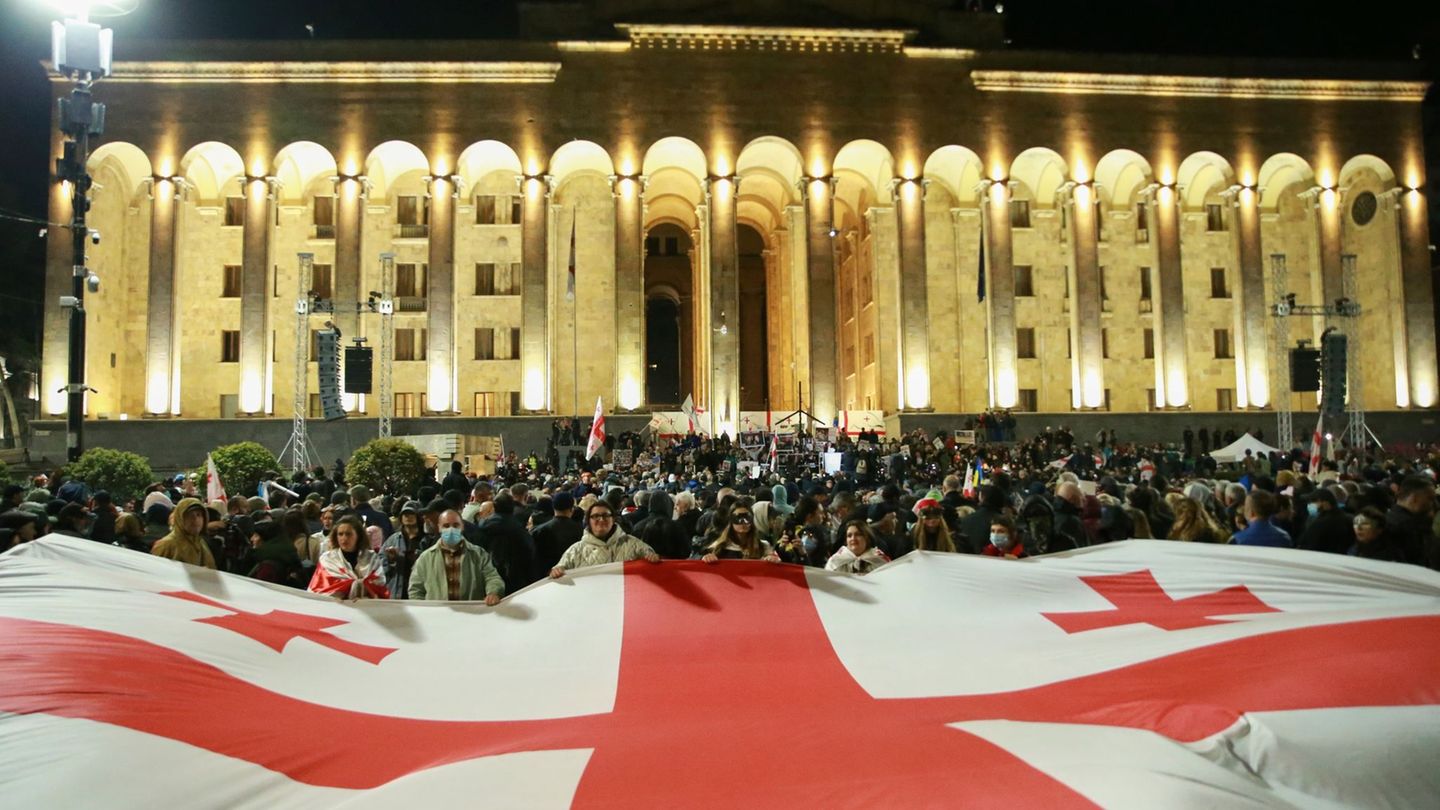Rail passengers can expect a “hot spring”: The EVG union is negotiating new tariffs with 50 rail companies – early warning strikes cannot be ruled out.
Citizens have to be prepared for some restrictions in rail transport as well as in many areas of public life this spring: Collective bargaining is pending in the rail industry and in public service – early warning strikes cannot be ruled out.
The railway and transport union (EVG) presented their demands on Tuesday, with which they want to start negotiations with Deutsche Bahn and 50 other railway companies from the end of February. If there is no offer in the first round, the EVG wants to react quickly and accordingly. EVG boss Martin Burkert had already promised a “very heated spring” in the days before.
The requirements
The EVG wants to push through at least 650 euros more per month for the railway employees. The union’s collective bargaining committee decided on Tuesday in Fulda the minimum amount to raise the lower salaries disproportionately. According to their own statements, the union wants to achieve an increase of 12 percent in the higher wages. The EVG demands 325 euros for the junior staff. The term should be twelve months.
“These are the demands that apply to all 50 companies,” said EVG negotiator Cosima Ingenschay on Tuesday. “In view of the enormous increase in energy and living costs, the wage increase must be significant. Our members have repeatedly explained this very impressively.”
With its ideas, the EVG is above the demands that Verdi raises for the public service at the federal and local level. Here are 10.5 percent, but at least 500 euros on the slip.
warning strikes
The EVG made it clear on Tuesday that it was considering warning strikes early on. “The question will arise for the first time at the end of March, then we’ll be through with all the companies,” said a union spokesman. Negotiations start on February 28 with Deutsche Bahn in Fulda. After that, negotiations with all other companies are to take place one after the other.
“A round of negotiations takes a relatively long time,” emphasized Ingenschay. “That’s why we definitely have no time for tariff folklore and want to see an offer right at the beginning, during the initial tariff negotiations.” If this does not happen, it will “go very quickly,” said EVG collective bargaining board member Kristian Loroch with a view to possible warning strike actions.
The EVG wants to coordinate closely with Verdi. Both sides also want to negotiate the incomes of around 2.5 million employees in the public sector by the end of March. If there is no agreement, there should also be actions there. Among other things, garbage disposal, local public transport, day care centers and fire brigades are affected. People would be affected in many everyday situations.
The train
With the simultaneous negotiations with dozens of transport companies, the EVG says it wants to ensure uniform tariff conditions in the rail industry. “Especially in local rail passenger transport, we have the situation that the competition keeps trying to gain competitive advantages at the expense of the employees,” said Ingenschay on Tuesday. This should prevent that from happening.
All sides will therefore pay particular attention to how Deutsche Bahn, as the most important and largest employer in the industry, behaves in the negotiations. The group did not directly comment on the EVG’s demands on Tuesday. These are not yet available, said a spokesman only. “As soon as we receive them, we will carefully examine and then assess the EVG’s demands.” For the railways, however, it is clear: “We need a sensible balance.” It is about the recognition of the workforce and about securing the future viability of the company.
Deutsche Bahn wants to recruit 25,000 new workers this year and thus increase its workforce by 8,000 employees. The EVG is the larger railway union in the company. The Union of German Locomotive Drivers (GDL) under its boss Claus Weselsky does not negotiate for its people with the group until October.
Source: Stern




